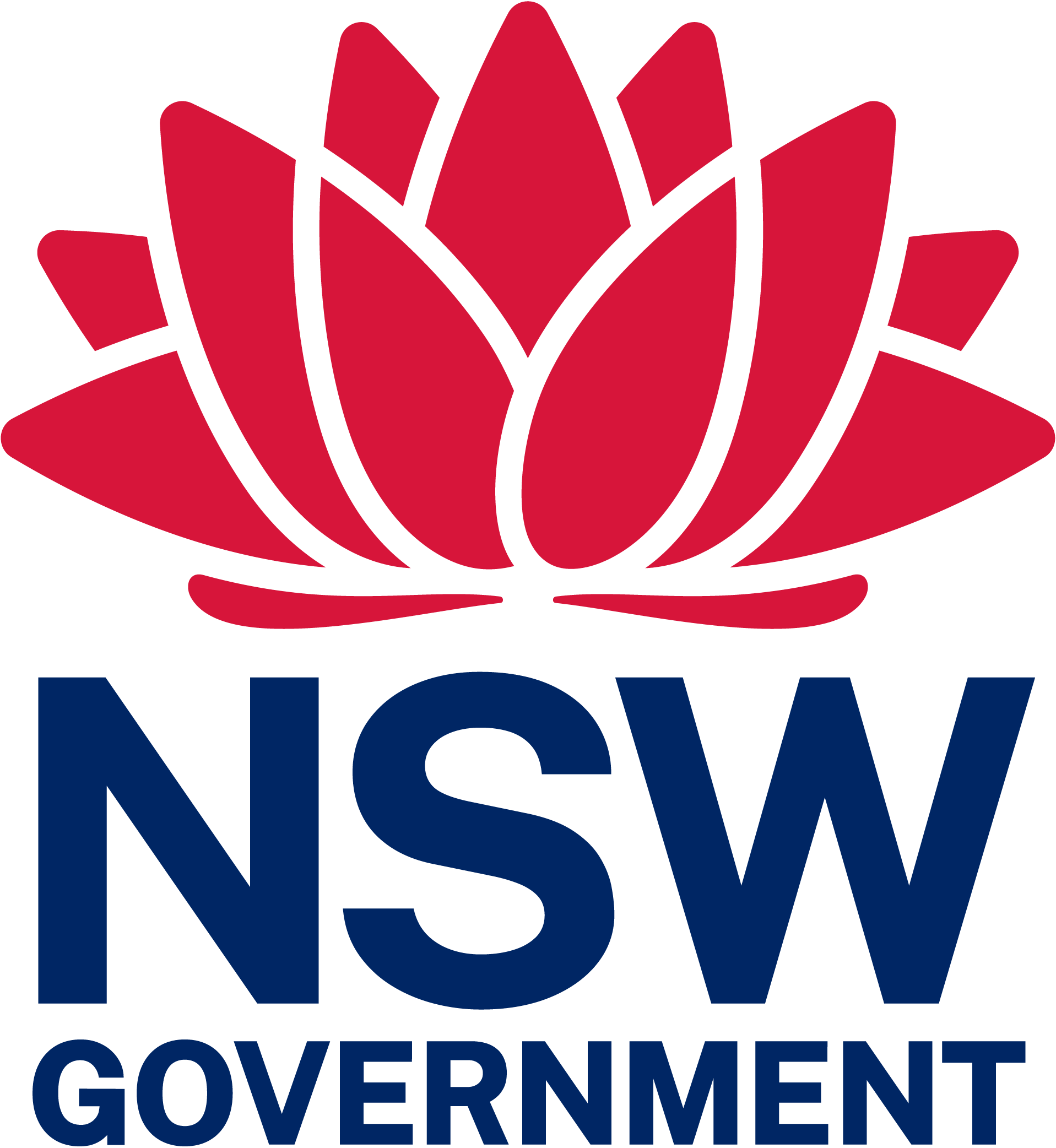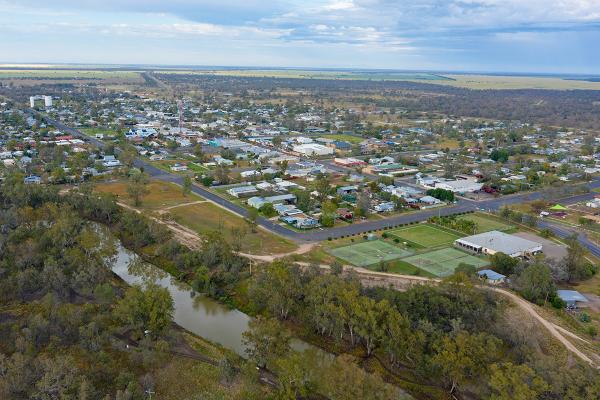As our state continues to grow, we need to invest in critical infrastructure to support more housing and target this investment to where it is needed most.
Under the Housing and Productivity Contribution scheme, proponents of new developments can either make a monetary contribution or deliver infrastructure directly, known as works-in-kind.
Works-in-kind provide developer proponents the opportunity to fast-track the delivery of essential state and regional infrastructure, helping to unlock more homes and drive economic growth.
We’ve released a draft guideline that outlines how works-in-kind proposals will be assessed and prioritised. This includes a new competitive process to ensure the most impactful projects are delivered first.
View the Housing and Productivity Contribution Scheme Works-in-Kind Guideline
Have your say
We’re inviting feedback to ensure the guideline is clear, accurate and practical. Your input will help shape the final version, due for release later this year.
Have your say by completing the submission form below before 17 July 2025.
Frequently Asked Questions
What is a works-in-kind agreement?
What is a works-in-kind agreement?
Works-in-kind agreements are contracts that allow developers to provide land or a physical construction project instead of making a monetary housing and productivity contribution. This type of contract is negotiated and prepared after a development approval is granted.
How is works-in-kind different under the HPC scheme compared to the SICs?
How is works-in-kind different under the HPC scheme compared to the SICs?
The Housing and Productivity Contribution (HPC) replaced all existing and draft Special Infrastructure Contributions (SICs), except for the Western Sydney Growth Areas and Aerotropolis Special Infrastructure Contributions.
The two schemes differ in the following ways:
- Under the Special Infrastructure Contributions scheme, works-in-kind were administered by the state planning agency for specific, place-based infrastructure within Special Contribution Areas. Under the new Housing and Productivity Contribution scheme, works-in-kind will be a whole of Government approach within the regions of Central Coast, Greater Sydney, Illawarra-Shoalhaven, and the Lower Hunter.
- Special Infrastructure Contributions works-in-kind must be aligned with infrastructure listed in determinations made by the Minister for Planning and Public Spaces.
- Housing and Productivity Contribution works-in-kind projects will be evaluated using the Works-in-kind Guideline. To be considered, it must be included as a project that may be delivered by works-in-kind outlined on the Infrastructure Opportunities Plan for the relevant Housing and Productivity Contribution region. The Infrastructure Opportunities Plans are being developed through the Urban Development Program.
- The Housing and Productivity Contribution scheme is not full cost-recovery, so only a percentage of the fund supports the delivery of infrastructure by works-in-kind. This reduces the volume and scale of proposals that can be accommodated and requires a quarterly competitive assessment process to filter and prioritise proposals.
How much funding is available each year for works-in-kind under the HPC scheme?
How much funding is available each year for works-in-kind under the HPC scheme?
Each year, the Government sets a non-cash budget for a portion of the Housing and Productivity Fund to support the delivery of works-in-kind. The non-cash budget varies each year depending on the amount of funding available and key infrastructure priorities.
The non-cash budget limits the number of works-in-kind proposals shortlisted for delivery. Therefore, a competitive assessment process is used to prioritise the most suitable projects for funding.
Who sets the priorities for the funding of infrastructure?
Who sets the priorities for the funding of infrastructure?
The Urban Development Program committees will recommend infrastructure priorities. The NSW Government will then consider these recommendations in making infrastructure investment, and Housing and Productivity Contribution allocation decisions.
What are Infrastructure Opportunities Plans?
What are Infrastructure Opportunities Plans?
Infrastructure Opportunities Plans identify where communities are expected to grow and highlights key state and regional infrastructure needed to support housing supply over the next 5 years.
The plans, which are being developed for Greater Sydney, Illawarra-Shoalhaven, Lower Hunter and Greater Newcastle, and the Central Coast, will guide funding allocation, so new and expanding areas get the right services at the right time.
The plans will include a list of infrastructure projects eligible to be delivered as works-in-kind under the Housing and Productivity Contributions scheme.
Infrastructure Opportunities Plans are currently being developed with help from state agencies, councils, utility providers, and industry. They will be published annually as part of the NSW Government budget cycle. Find out more on the Urban Development Program webpage.
What if my works-in-kind proposal does not relate to a project identified on the Infrastructure Opportunities Plan?
What if my works-in-kind proposal does not relate to a project identified on the Infrastructure Opportunities Plan?
If your works-in-kind proposal is not identified on the Infrastructure Opportunities Plan but could be considered part of planned development, you may submit an expression of interest.
Criteria have been developed for expression of interest projects in planned development areas to determine whether the proposal is eligible. If eligible, the proposal will be assessed against selection criteria and reviewed by a multi-Government agency panel.
Expressions of interest in relation to unplanned development will be subject to a separate Guideline, currently under development. These proposals will likely require consideration of broader servicing costs and Government investment decisions.
What happens to my works-in-kind proposal once it is submitted?
What happens to my works-in-kind proposal once it is submitted?
Where works-in-kind proposals under the Housing and Productivity Contribution scheme are considered eligible, the proposal will be assessed by the Department of Planning, Housing and Infrastructure, and the Urban Development Program oversight committee before being shortlisted and presented to the Government Coordination Group for a decision.
What happens if my works-in-kind proposal isn’t selected for HPC funding?
What happens if my works-in-kind proposal isn’t selected for HPC funding?
If your proposal is considered eligible and has been assessed but isn’t selected for funding in the current quarterly assessment, it will automatically be carried forward for consideration in the next quarter’s assessment round, unless you choose to withdraw it.
After being selected for funding and having entered a works-in-kind agreement, will I be exempt from paying the HPC?
After being selected for funding and having entered a works-in-kind agreement, will I be exempt from paying the HPC?
Where the value of the works-in-kind agreement is equal to the value of the Housing and Productivity Contribution, a cash payment is not required.
I have SIC works-in-kind credits. Can I spend them instead of paying the HPC?
I have SIC works-in-kind credits. Can I spend them instead of paying the HPC?
The NSW Government is considering the transitional arrangements from the Special Infrastructure Contributions to the Housing and Productivity Contribution. The transition of Special Infrastructure Contributions into the Housing and Productivity Contribution will occur by 1 July 2026.
While the Housing and Productivity Contribution Works-in-Kind Guideline is being finalised, the Special Infrastructure Contributions works-in-kind continues to operate in the Western Sydney Growth Areas and Western Sydney Aerotropolis Special Infrastructure Contributions areas until these areas are repealed on 1 July 2026.
The treatment of Special Infrastructure Contributions discharge credits (surplus credits) forms an important consideration of the transitional arrangements.
Are there any exclusions on what I can claim for HPC works-in-kind funding?
Are there any exclusions on what I can claim for HPC works-in-kind funding?
Costs that are not directly related to the delivery of land or infrastructure are generally not eligible. This includes preparation costs such as concept designs, planning and administration costs, legal fees and project management costs. Developers must also cover the costs incurred by the Minister for Planning and Public Spaces, such as legal drafting, valuation, administration of the works-in-kind arrangement and title searches.
Only items that directly contribute to the final design of the project count towards the works-in-kind value. For example, temporary or “sacrificial” elements, like a short stub road constructed to ensure suitable kerb and drainage on a roundabout in a greenfield subdivision, are not included. These elements are considered temporary or part of future development and don’t add value to the current project.

